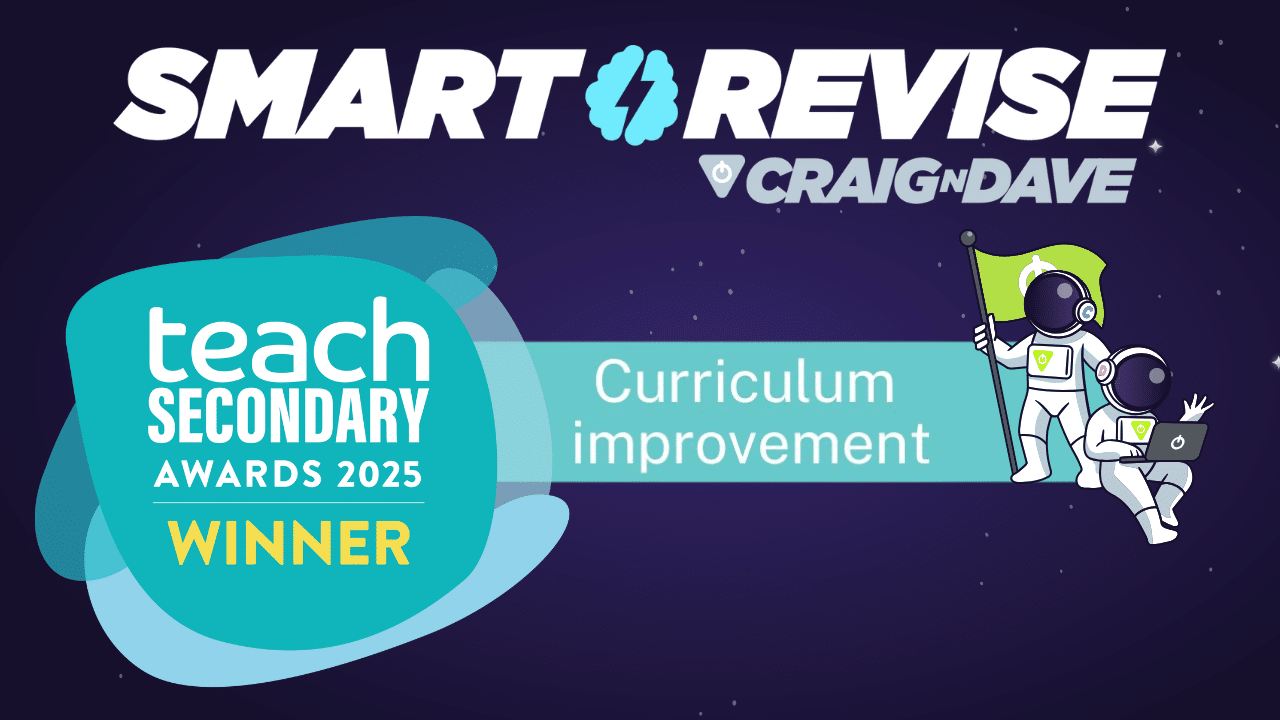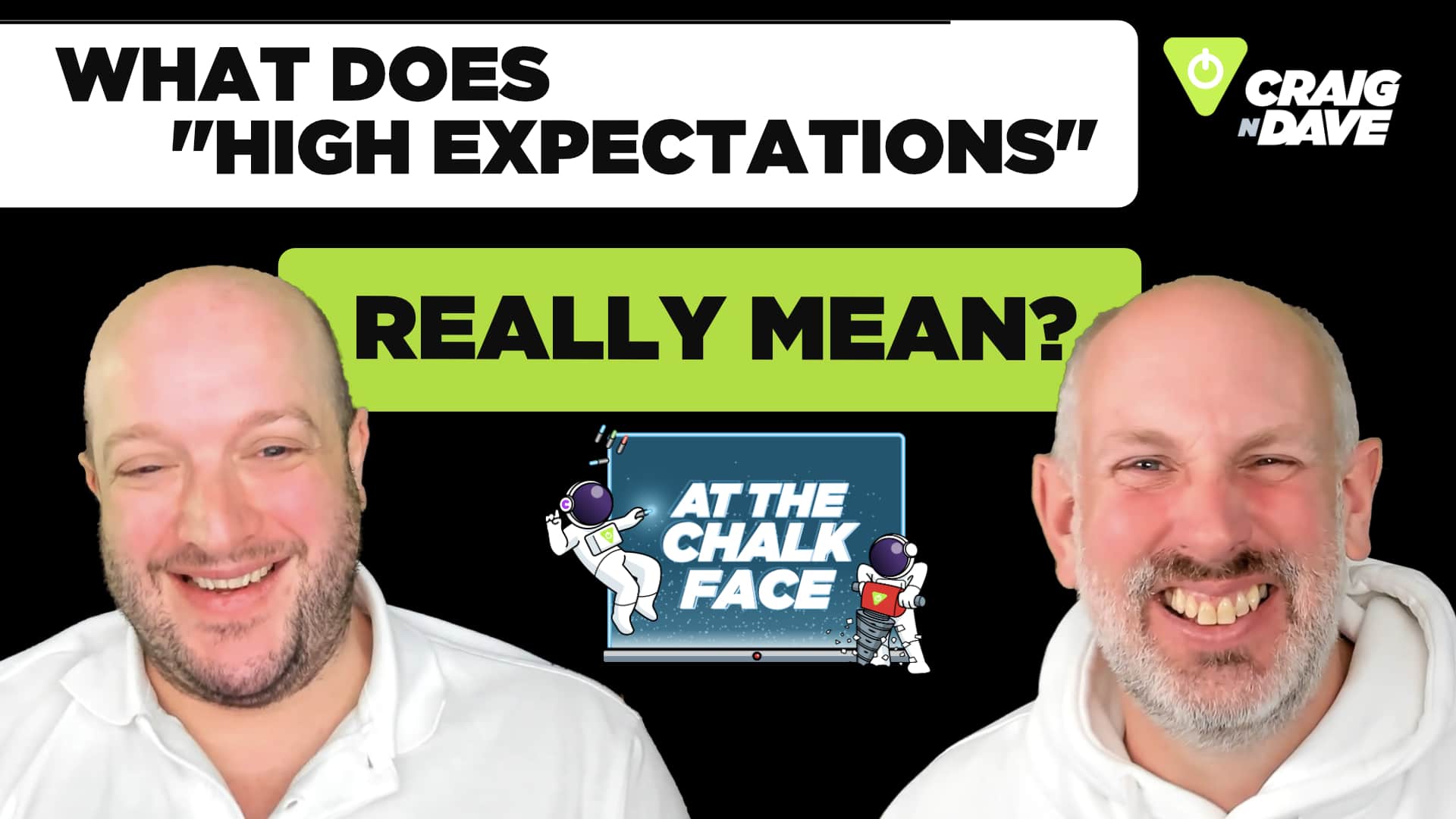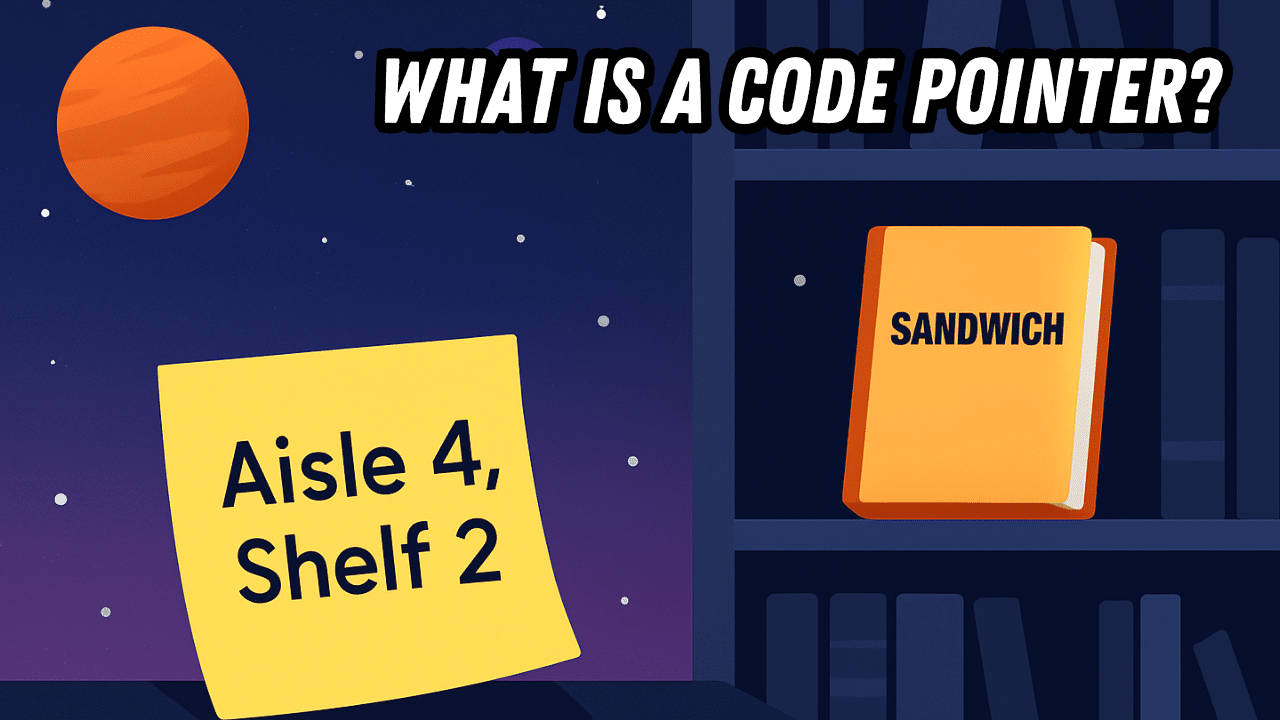
15 April 2025
Exams are only a few months away and what your students do now is going to make the biggest impact to their results in August. It almost doesn’t matter what their work ethic has been like up until now, there is still time for all students to achieve their potential if they engage in regular active revision using the best techniques from today.
Once you have delivered all the course content switch the topic filters to “Student controlled” in Smart Revise. Make sure you have Quiz, Terms reflective, Terms interactive and Advance modes enabled in the class settings. This will allow the students to take charge of what to revise, when and how.
Top tips for students
- Use the Summary report to know the topics that are your strengths and weaknesses.
- Click on a Quiz pie chart in the summary report to do multiple-choice questions only on weaker topics.
- Look at the Top 10 revision references at the bottom of the summary report.
These are your specific weaknesses across the whole course. You can watch the Craig’n’Dave videos if that helps but beware of passive revision.
- Click on a Terms pie chart in the summary report and filter the cards you want to focus on: sad, neutral, happy, unanswered. Reflective is a passive reflection. Interactive is more challenging but is essential. You should be able to define terms at this stage of the course. Use reflective as a reminder and interactive when you are revising.
- Click on an Advance pie chart in the summary report to see exam-style questions. Use the next button to find a question you want to attempt. Start with the low mark questions first and work up. Pretend you are in a real exam. Set an alarm on your phone for the number of marks the question is worth and spend that amount of time answering the question.
- Use the built-in mark schemes to mark your answer and be realistic. It doesn’t matter if you get low marks when you are practicing.
- If you don’t get full marks, note the question number. Have another go at the same question a few days later to see if you can improve your answer. Use the “last answer” button to see your most recent answer.
- Start with low mark questions, but don’t avoid the high mark Advance questions forever. You will get lots of 1–6-mark questions in your exam and one 8-mark question in each paper.
- Just because you know something this week doesn’t mean you will remember it next week so don’t neglect the topics you have mostly green on the pie charts in the summary report. Checking you still have the understanding is important.
- Start Terms – Leitner mode is good for daily reminders of terminology once you have mostly green or yellow pie charts in most of the topics on your summary report. Remember to set the topic filters to the whole course before using Leitner mode.
Beyond Smart Revise
Although Smart Revise is great, it is important to provide students with real past papers so they can practice writing on lines with a pen too! Some papers will be publicly available on exam board websites, but others will require logging in to their portals to be downloaded.
We often assume students will just “know” how to revise without being explicitly taught how to. This is a mistake. Show students the technique of mind mapping and build a mind map for a topic with them, maybe using the Terms in Smart Revise for reference. Smart Revise compliments this tried and tested approach, it does not replace it.
One technique we developed with our students is the “what why web” (see what we did there) which is a scaffolded approach to making a mind map. Write the concept in the middle and then on a second branch state what words are associated with the concept, and on a third branch state why it is necessary, any implications and examples.
For example, the concept of registers for OCR J277 might look like this:

As Dunlosky showed, the worst revision students can do is reading their notes, looking over classwork and watching videos because these are passive techniques. Knowledge organisers and revision guides are useful, but they should only be used as a reference guide to check understanding, in themselves they are not revision.
By the way, put those highlighter pens away because research has shown that highlighting notes is worthless!










